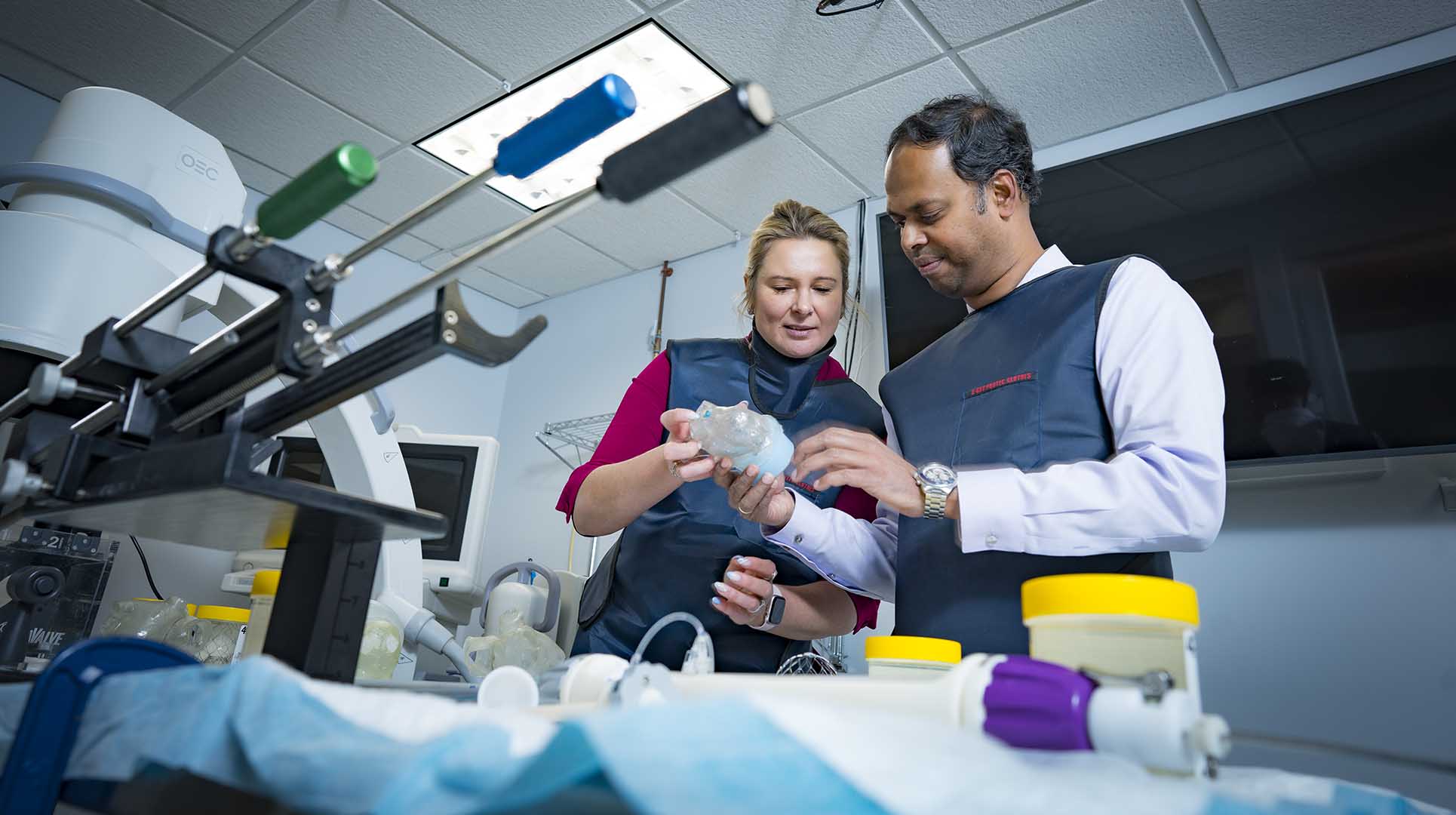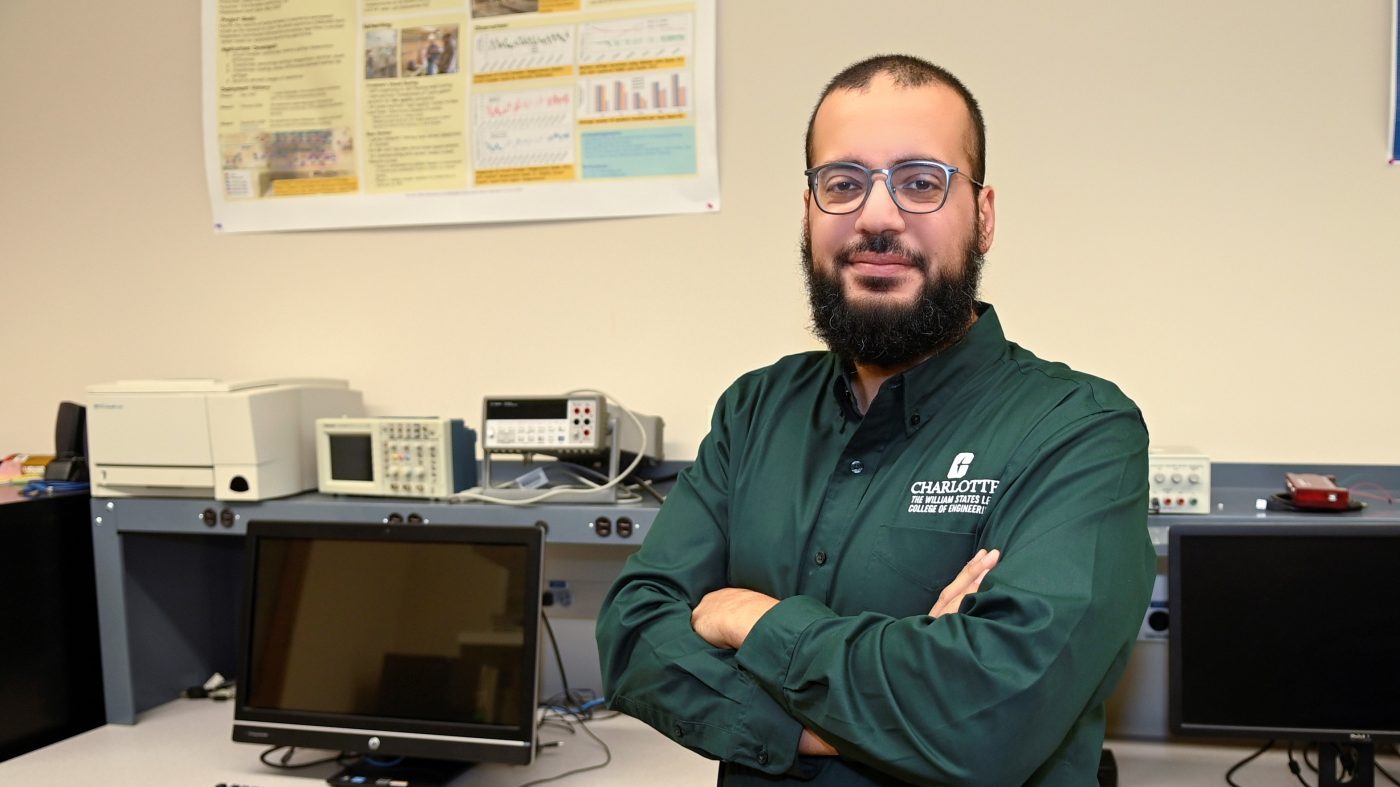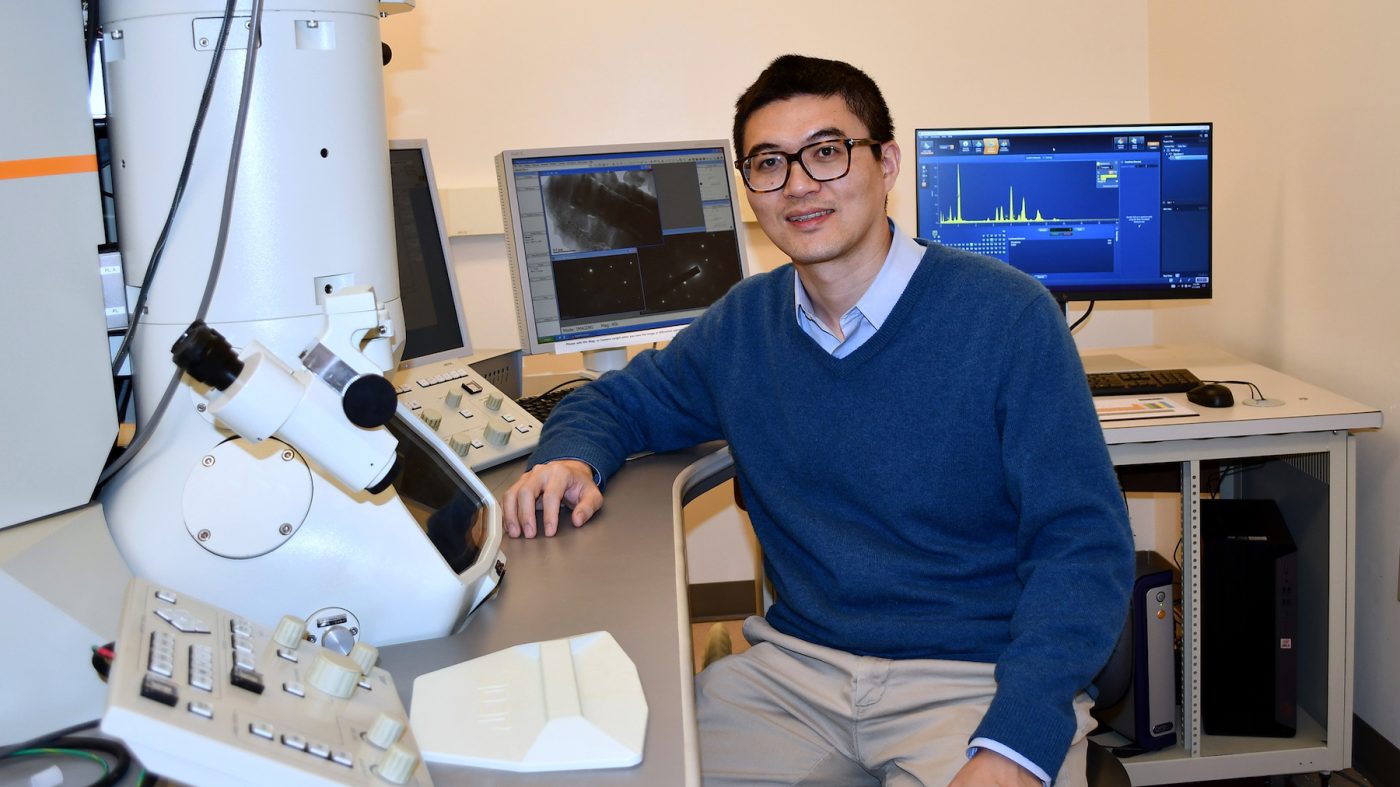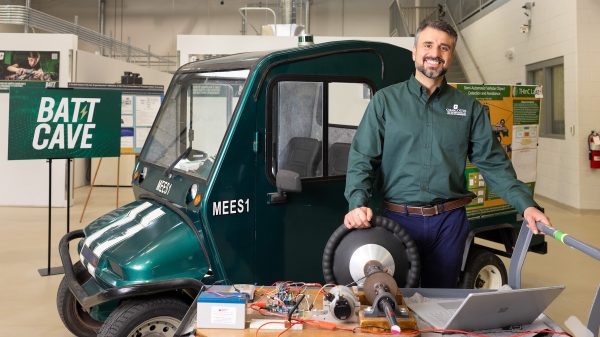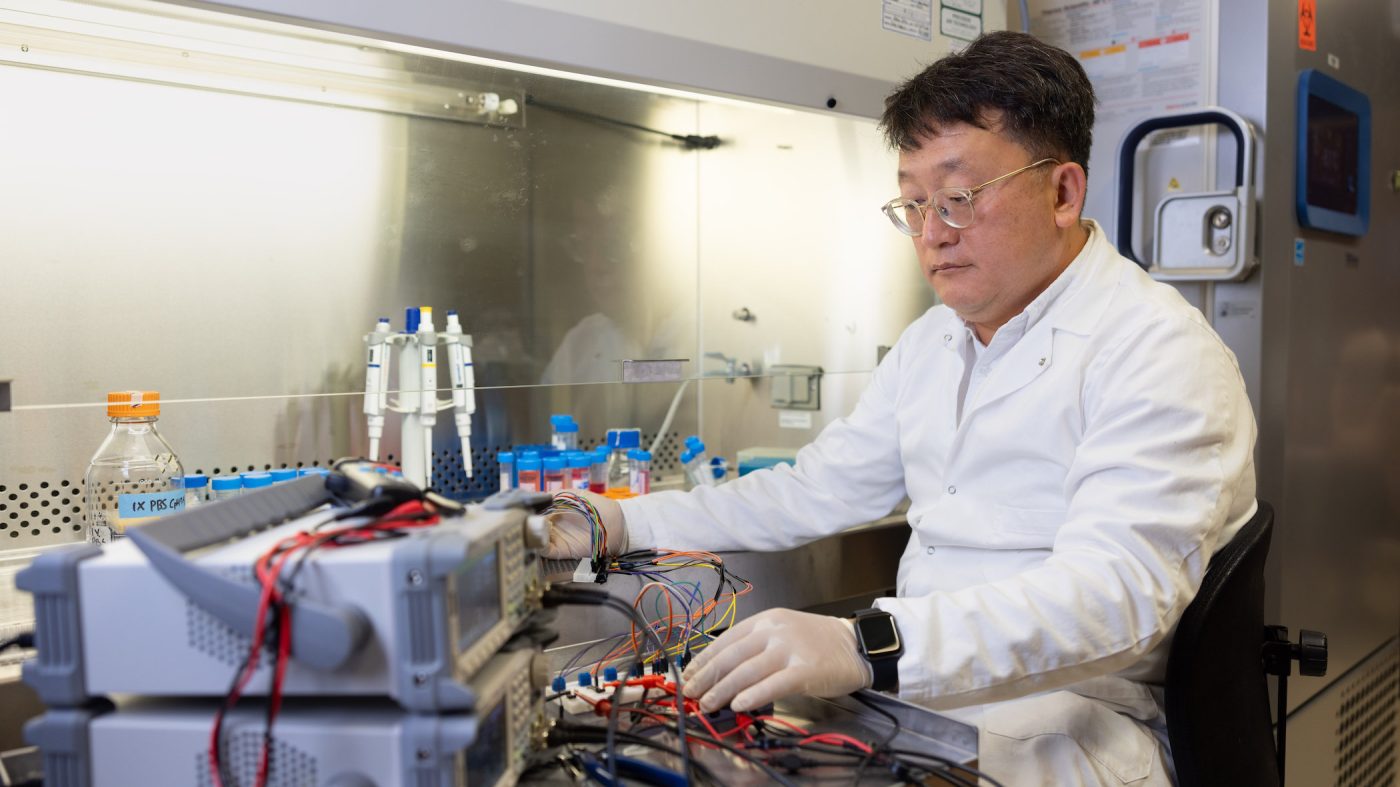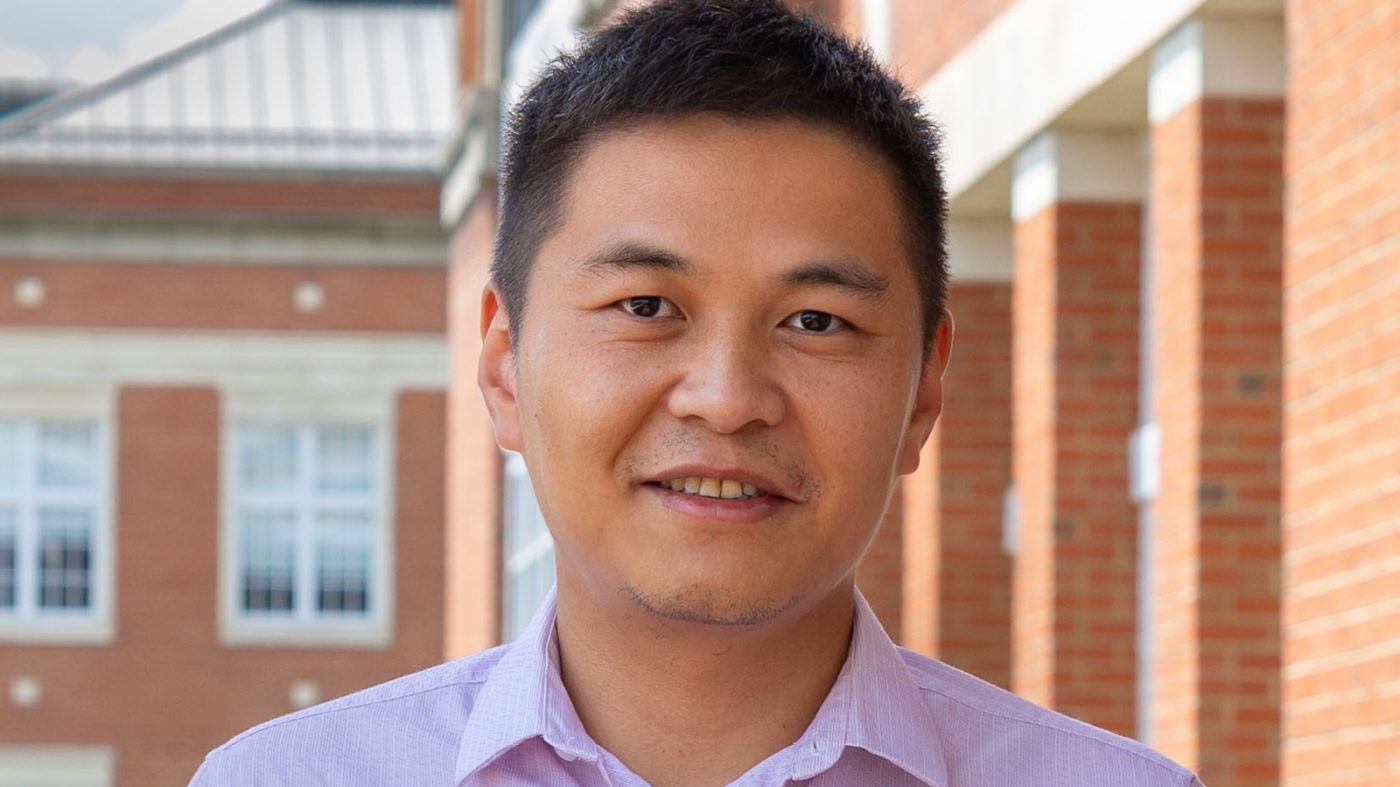A grad school romance led to a med-tech breakthrough that may save the lives of millions of patients suffering from mitral regurgitation
Research
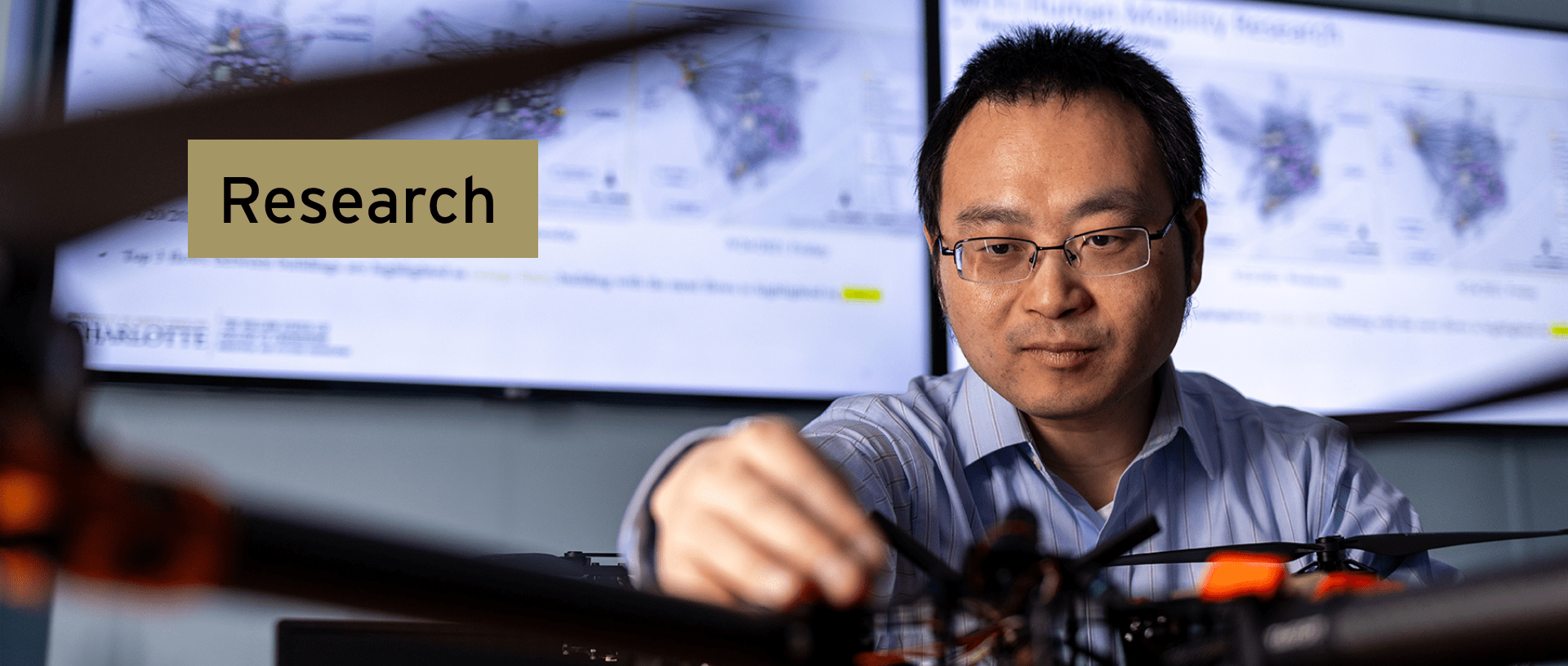
The William States Lee College of Engineering is committed to applied, interdisciplinary research. Alliances of students, faculty and community partners combine their research efforts to create knowledge, develop technology and improve the world around us.
Emerging Investigators
Current NSF CAREER Award Winners and Projects
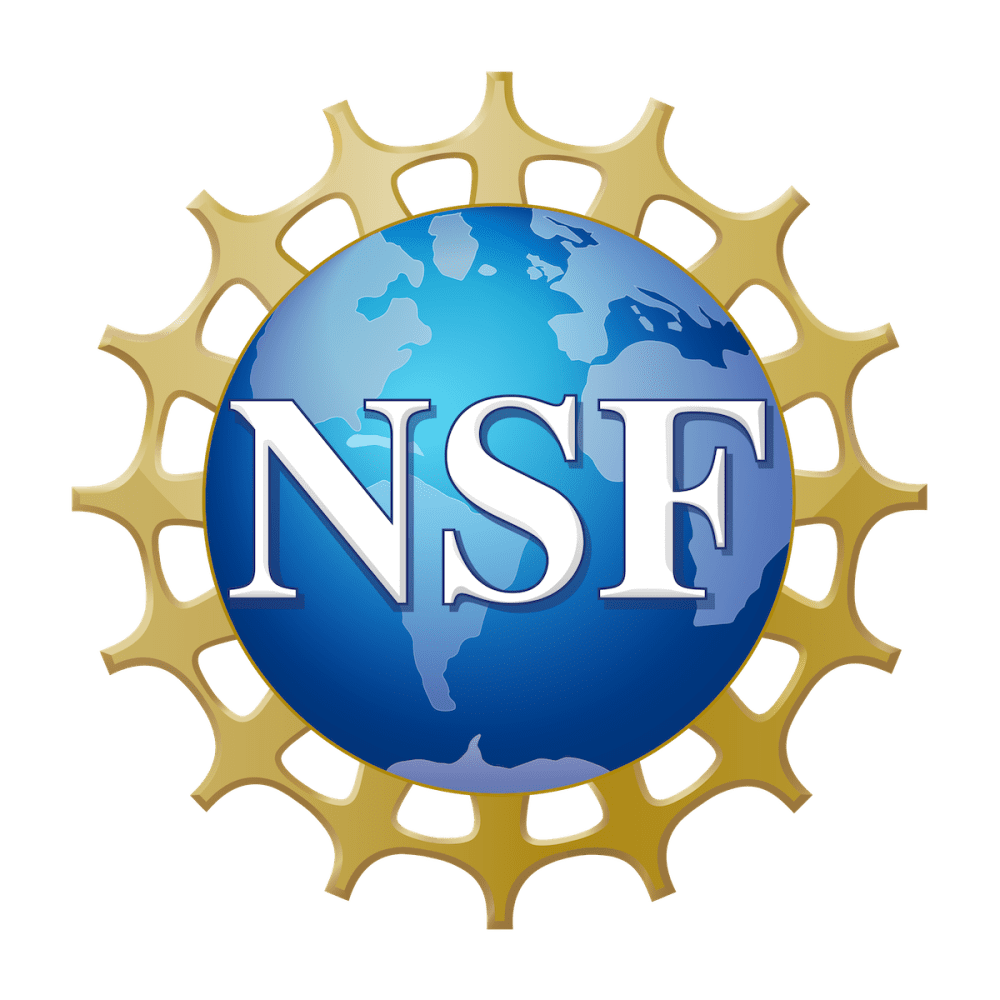
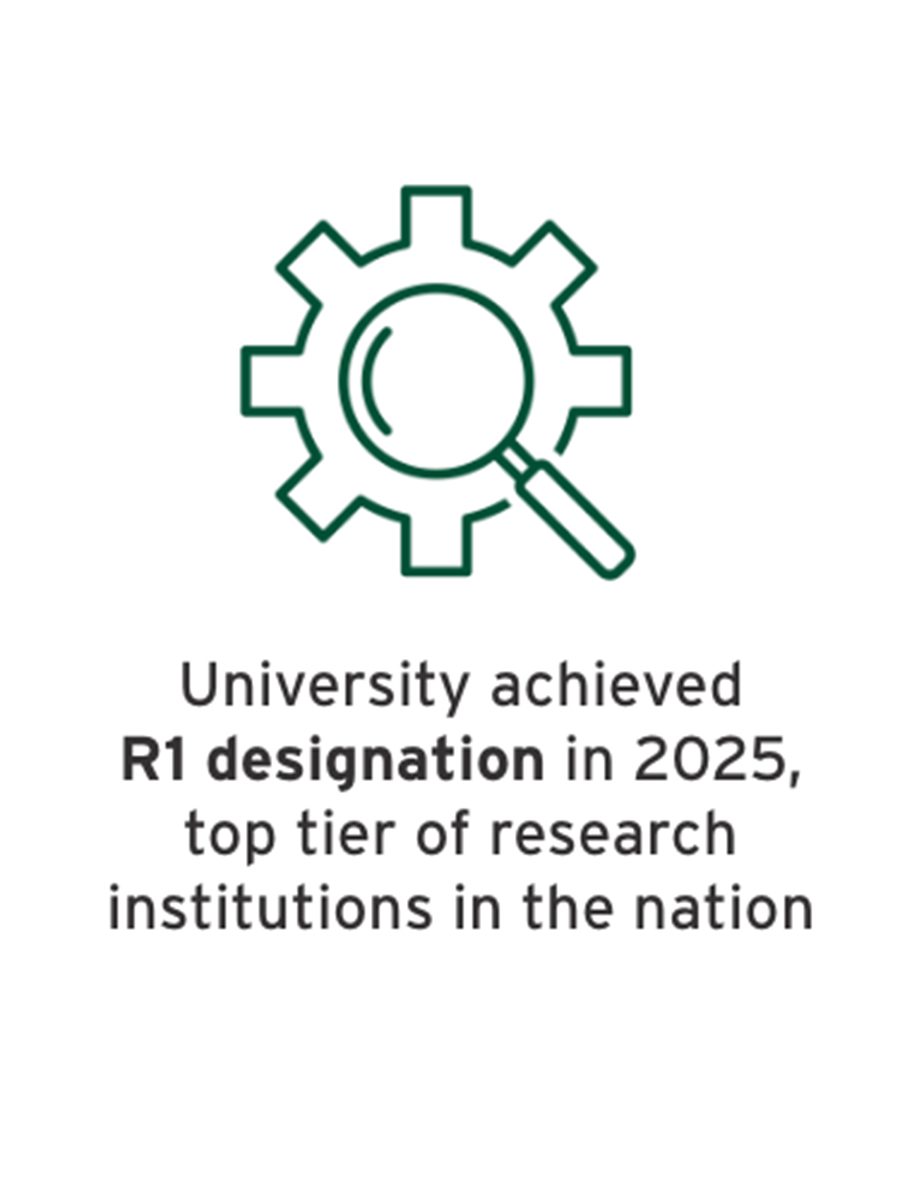
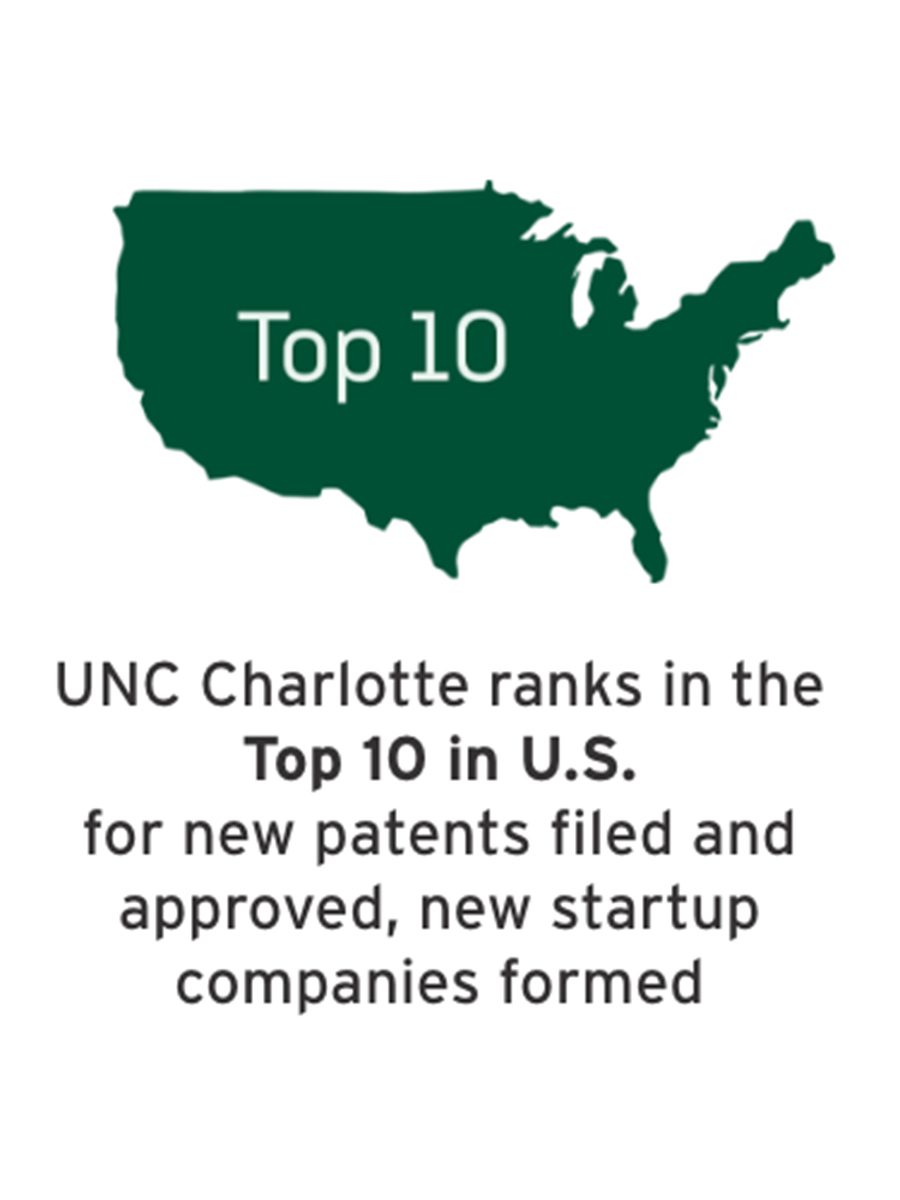
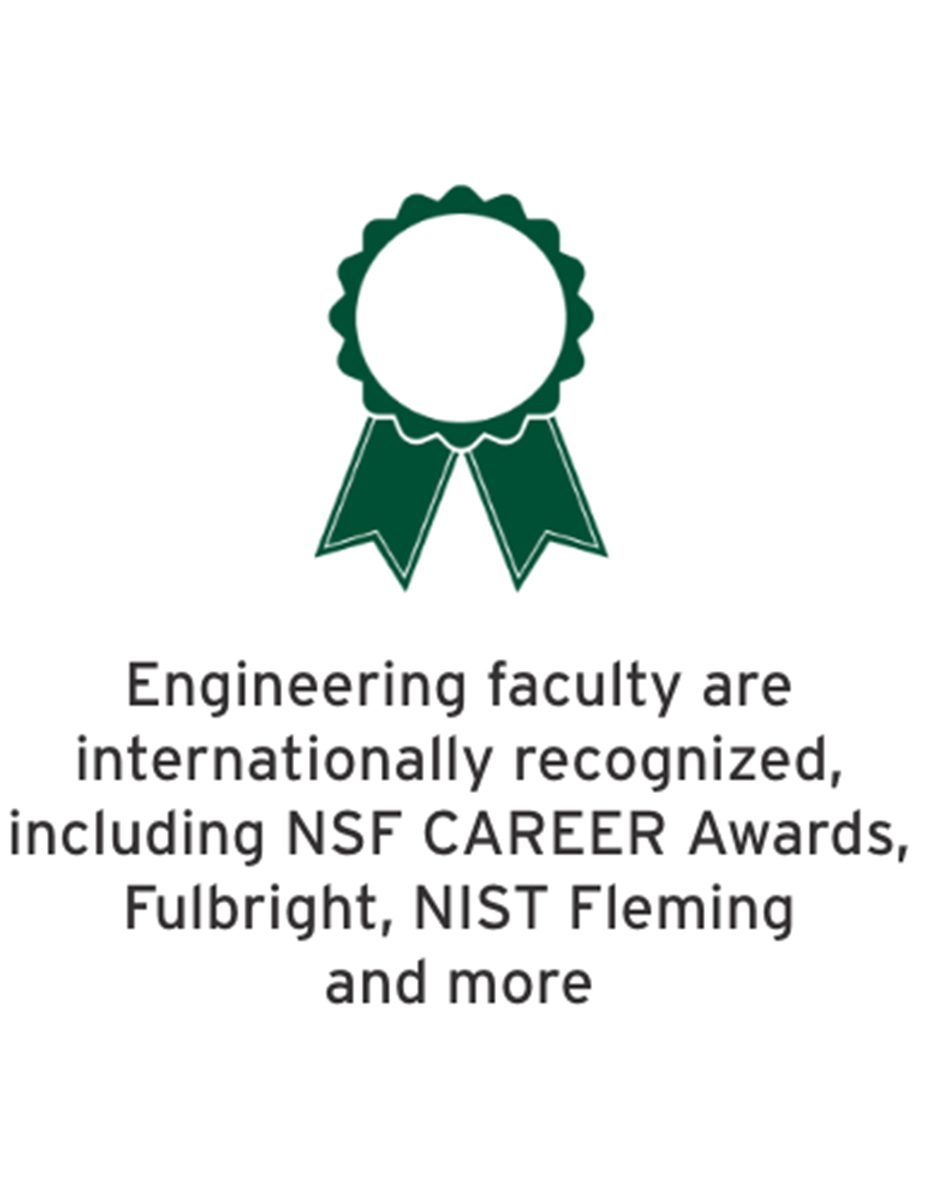

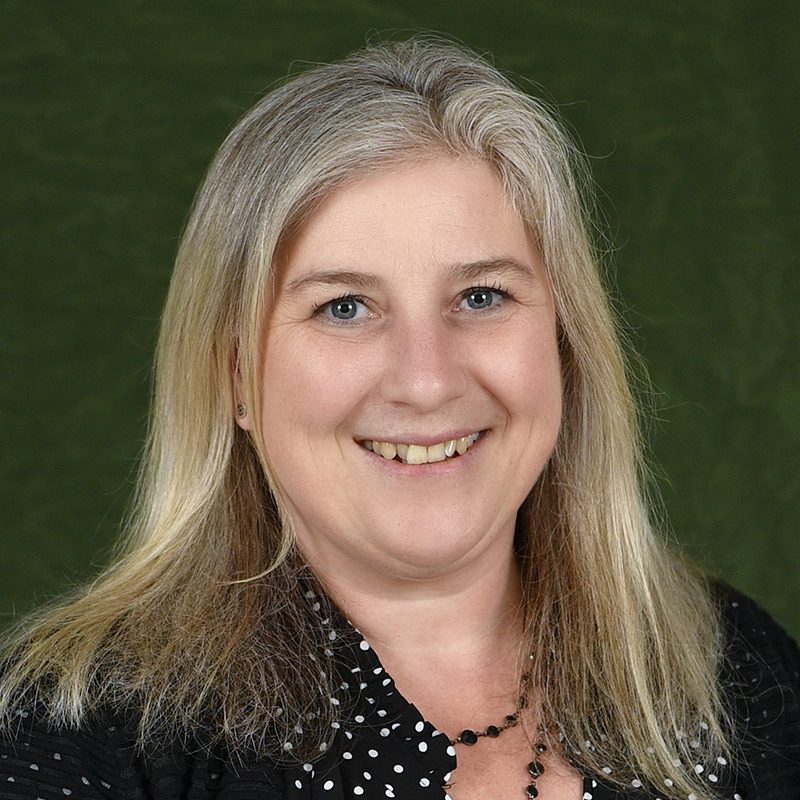
Professor of mechanical engineering, Brigid Mullany serves as the associate dean for research in the engineering college. In this role, Mullany is the dean’s senior research officer and works to advance the college mission by supporting the college’s research initiatives (faculty, graduate and undergraduate) and the strategic pursuit of external funding.
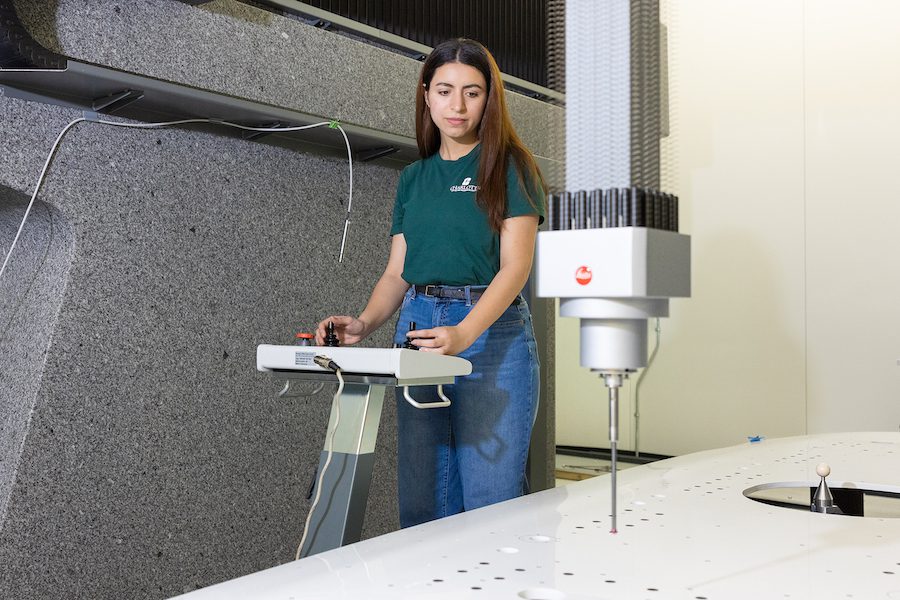
Only at Charlotte: Driving Innovation in Advanced Manufacturing
Calibrated for best-in-class research, the Center for Precision Metrology leads the western hemisphere in the academic science of measurement. With its state-of-the-art instrumentation, world class research talent and impactful industry partnerships, the center is impacting manufacturing processes and products, from microchips to airplanes. Meet the Code Behind the Calibration.
Cybersecurity Double Take: Fighting Against Cyber Attacks to Protect American Manufacturing
From IP theft to ransomware, U.S. manufacturers must proactively identify vulnerabilities in their computer networks that leave them open to attack. But it’s always been nearly impossible to test a company’s security without harming their entire network and factory floor operation. A Charlotte research team, led by associate professor of electrical engineering Aidan Browne, has found a way to tap into company hardware – physically and remotely – and see the vulnerabilities and address them.
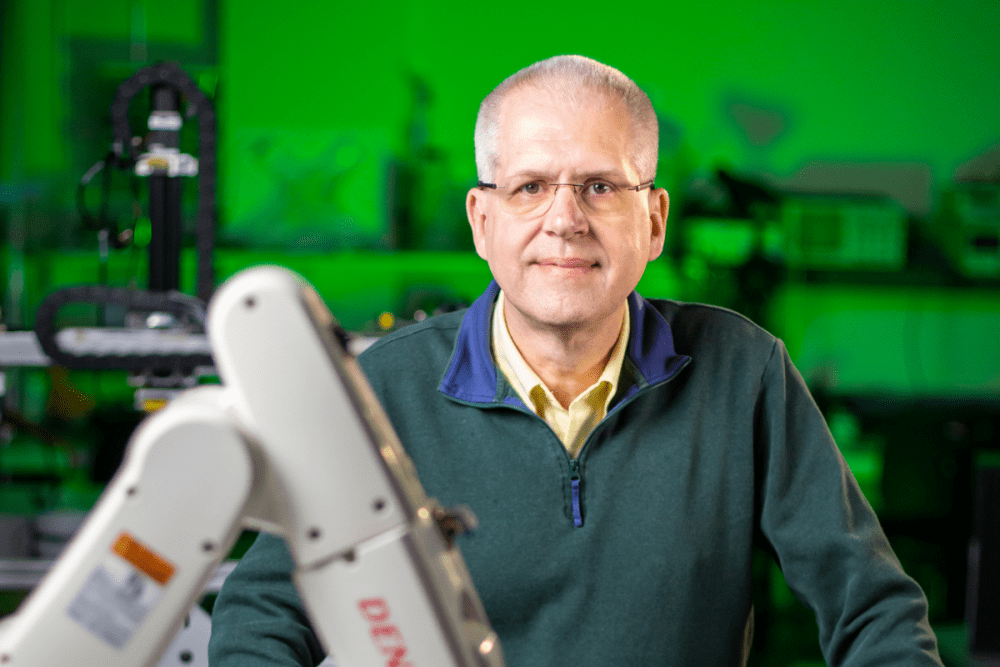
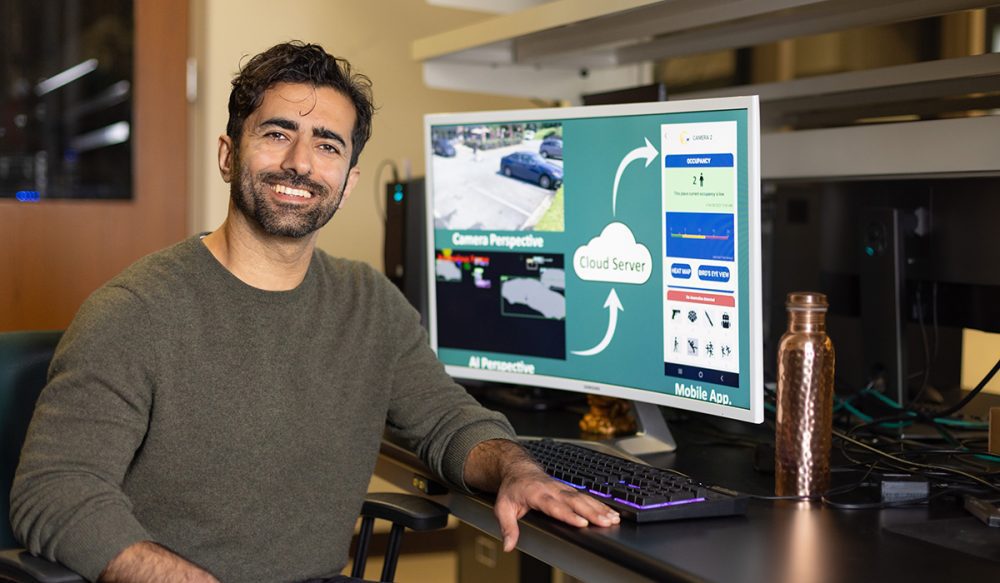
What’s the Key to Designing AI for Public Safety? Involve the Public.
Our society is on the verge of a smart future leveraging AI in many ways. However, the public trust in AI is still struggling. What is the best way to create artificial intelligence responsibly? Hamed Tabki, associate professor of electrical and computer engineering, is developing a path to regain public trust in smart cities.
Keeping the Lights On: New Research Innovation Helps You Do Just That
Sukumar Kamalasadan, Duke Energy Distinguished Professor of Electric Power Engineering, has earned a patent, created a prototype and received the NCInnovation Award for his novel technology approach that supports power grid efficiency. The technology delivers reserve capacity and essential ancillary services to utilities to address unexpected faults and improve reliability. His research will help minimize power interruptions so businesses can rely on a consistent flow of quality energy, reducing impact to the economy, healthcare providers, environment and public safety.
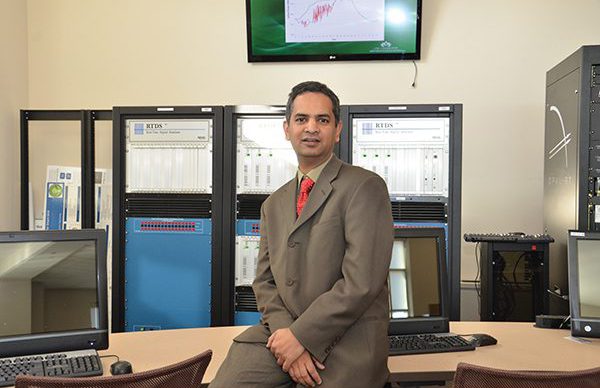
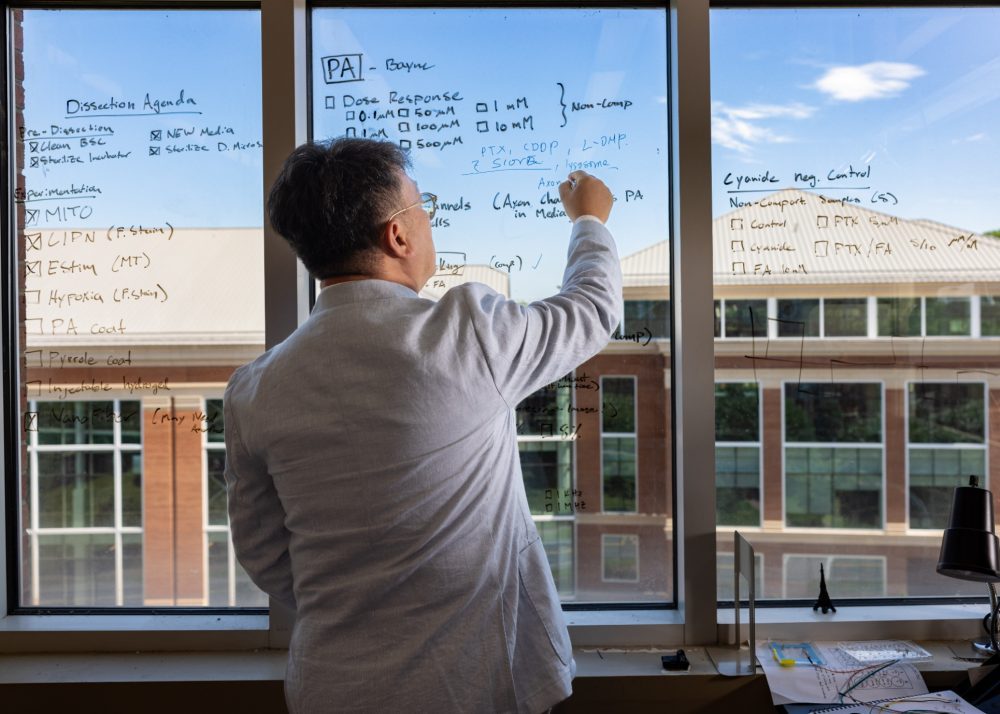
Surgery Sounds Painful. Are There Options? Yes, and It’s Less Invasive.
By manipulating nerves, surgeons have been able to decrease nerve activity and the resulting pain. But the procedures are invasive and come with their own set of complications and pain. Charlotte’s In Hong Yang, assistant professor of mechanical engineering specializing in neural engineering, has developed a better way – a less invasive way to manipulate the nerves. By expanding options for surgeons through bioengineering technology, Yang is helping improve the quality of life for hundreds of thousands of patients.

